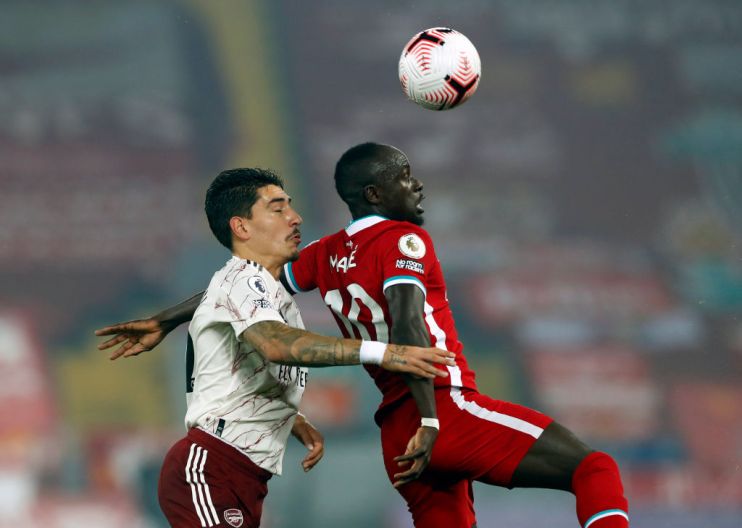Premier League teams reject controversial Project Big Picture reforms

Premier League clubs have renounced controversial plans for English football’s biggest shake-up in almost 30 years.
‘Project Big Picture’ proposed reducing the number of teams in the top division and giving the six biggest clubs sweeping powers in exchange for a major package of financial aid for the wider game affected by Covid-19.
But clubs today voted down the proposals, which were drawn up by Liverpool and Manchester United chiefs.
“All 20 Premier League clubs today unanimously agreed that Project Big Picture will not be endorsed or pursued by the Premier League or The FA,” the league said in a statement.
“Further, Premier League Shareholders agreed to work together as a 20-club collective on a strategic plan for the future structures and financing of English football.
“Clubs will work collaboratively, in an open and transparent process, focusing on competition structure, calendar, governance and financial sustainability.
“This project has the full support of The FA and will include engagement with all relevant stakeholders including fans, Government and, of course, the EFL.”
English Football League (EFL) chairman Rick Parry, who represents the three divisions below the Premier League, had championed the plans.
Liverpool and Manchester United are credited with drawing up Project Big Picture, which would also have given greater influence to Chelsea, Manchester City, Arsenal and Tottenham.
The Premier League and Football Association both went public with criticism of the proposals earlier this week.
Culture Secretary Oliver Dowden said this morning that Project Big Picture “tended towards a closed shop” for the so-called Big Six and was “a distraction at best” for smaller teams struggling to survive while pandemic measures prevent fans from attending games.
The plans, which emerged on Sunday, proposed cutting the number of teams in the Premier League from 20 to 18 and scrapping both the League Cup and the Community Shield.
Funding for the game below the top flight would be overhauled, with £250m made available upfront to save ailing teams and a further £100m for the Football Association.
The most contentious element, however, was a change to how decisions would be passed in the Premier League.
Instead of requiring 14 of 20 clubs to support major changes to the way the competition is run, only nine teams would be permitted to vote, of whom only six would need to agree.
This led to concerns that the Big Six could effectively run the Premier League, opening the door for them to grant themselves a greater share of revenue.
Supporters groups from all Big Six teams united to express their disapproval of the plans on Tuesday.
The Premier League reiterated that clubs would provide a £50m “rescue package” for teams in the third and fourth tiers, who are more at risk of extinction while supporters remain locked out of matches.
